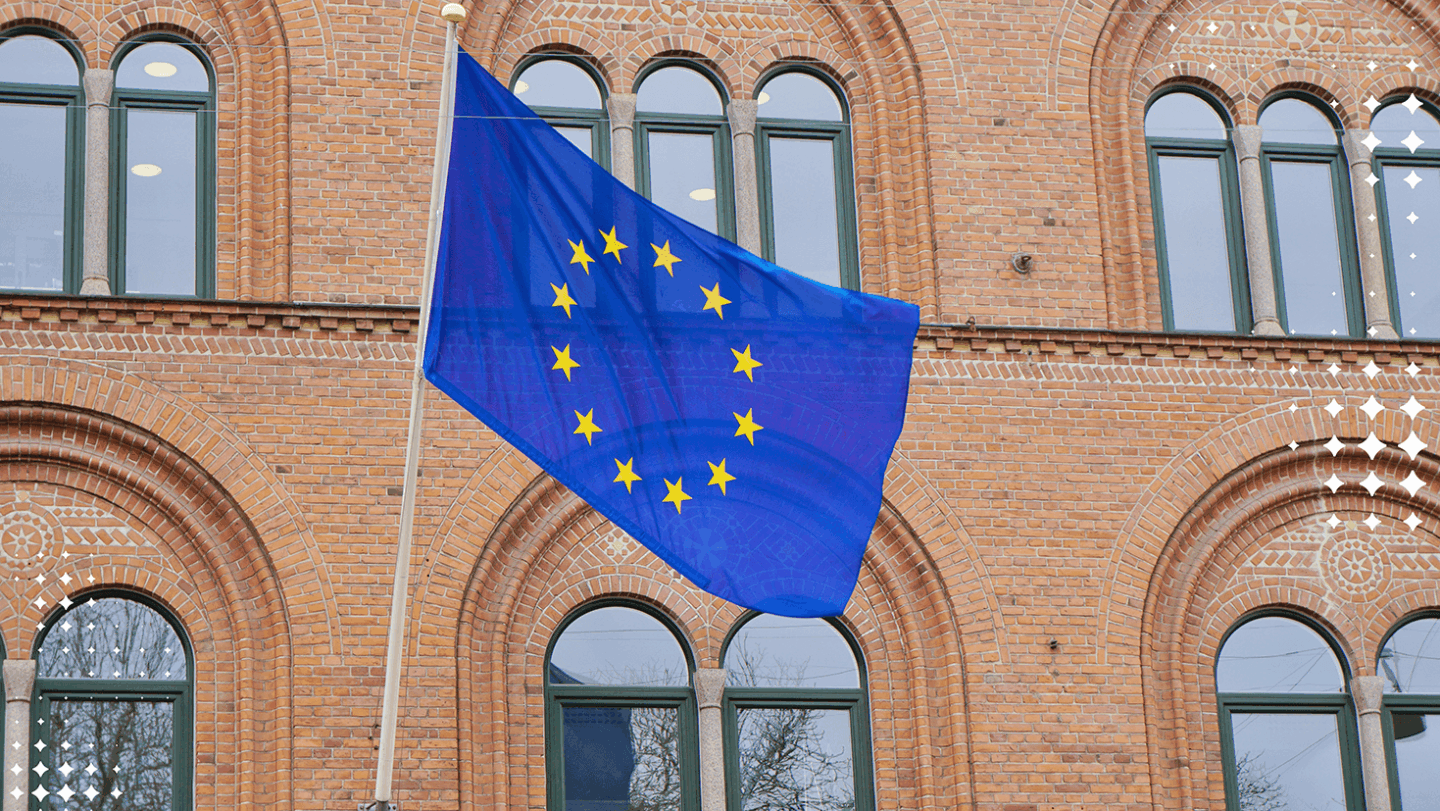
Fraud and intrusion: Cloned website
Cloned website
A cloned or copied website can be very damaging to a company and is therefore a digital threat one should protect against. Here you can read more about what cloned websites mean, what purpose they serve, and what protective measures can be taken.
What does a cloned website mean and how does it harm companies?
A cloned website is a website whose layout and content have been unlawfully copied from another website belonging to a different entity. It is completely or almost identical to the original site, but is used for fraudulent purposes. With the help of a cloned website, fraudsters can, among other things, trick customers into providing sensitive information – such as account or card details, or purchase non-existing products.
Cloned websites are also called copied or mirrored websites and often occur together with domain hijacking and sometimes even fake accounts, which can, for example, be used to promote the websites.
In what ways can a cloned website harm your business?
Cloned websites pose a serious threat to legitimate businesses and brands. They can damage reputation and goodwill as well as customer trust, which in the long run can cost both market share and money. Cloned websites also become a form of trademark infringement if a protected logo or other type of registered trademark is copied and used on the website.
The greatest damage is primarily caused by customers being directed to fake websites under the impression that they are legitimate. There, for example, they can be tricked into buying pirated products at promotional prices and/or providing sensitive user information that the fraudsters can then exploit in a criminal manner. Commonly, for example, card details entered at checkout are saved, so that they can then be used for other purchases at the customer's expense.
Minimise the risk of a cloned website with strong IT protection
Cloned websites can be difficult to detect, and many times they can exist for a long time without the affected company even knowing about it. The longer a cloned website is active, the greater damage it can cause, however. Partly in the form of outright theft from customers, and partly in terms of lost revenue and decreased trust among customers for the affected company.
Having solid protection against this type of threat is therefore something that should be highly prioritised by all companies with more or less well-known brands. Just as a strong trademark protection should be in place – for which we can assist with, among other things, preliminary investigations, trademark applications, and monitoring – you should also ensure that you have robust protection against both cyberattacks and that all domain management follows the right strategy.
If you lack the competence, resources, and time for this in-house, it is wise to seek help from an external partner with expertise in both cybersecurity and brand protection - like us at Abion.
The best solutions on the market for protection against cloned websites and other threats
At Abion, we work on developing and providing innovative, modern, and advanced comprehensive solutions for companies with high demands on IT security. With services such as domain monitoring, hosting, SSL certificates, VMC certificates, and secure email, we can protect your company from falling victim to cloned websites and the consequences that follow.
In our team, there is specialized expertise in both trademark protection, domain management, and cybersecurity. With us as your partner, you are guaranteed robust protection on all fronts – against cloned websites as well as other types of digital threats.
Do you want to know more about how mirrored websites work and how we at Abion can equip you against fraudsters? Don't hesitate to contact us right now, either via email or phone.
Frequently asked questions about cloned websites
Anyone who has their own website can, without proper protection, be affected by the site being cloned by fraudsters. Both businesses and individuals.
Fake websites that mirror the company's own are often used to trick customers out of their money. They can damage the company's reputation, brand image, and profitability.
Often, it can be very difficult as the scammers keep getting better and better at copying layout and content.
A cloned website that unlawfully copies layout, content, and potentially a protected trademark is a type of fraud and thus illegal.
Questions about cloned websites?
Contact us for help and guidance!
Insight and support
Popular blogposts

NIS2 and DORA: Why Cybersecurity Has Become a Board-Level Responsibility


